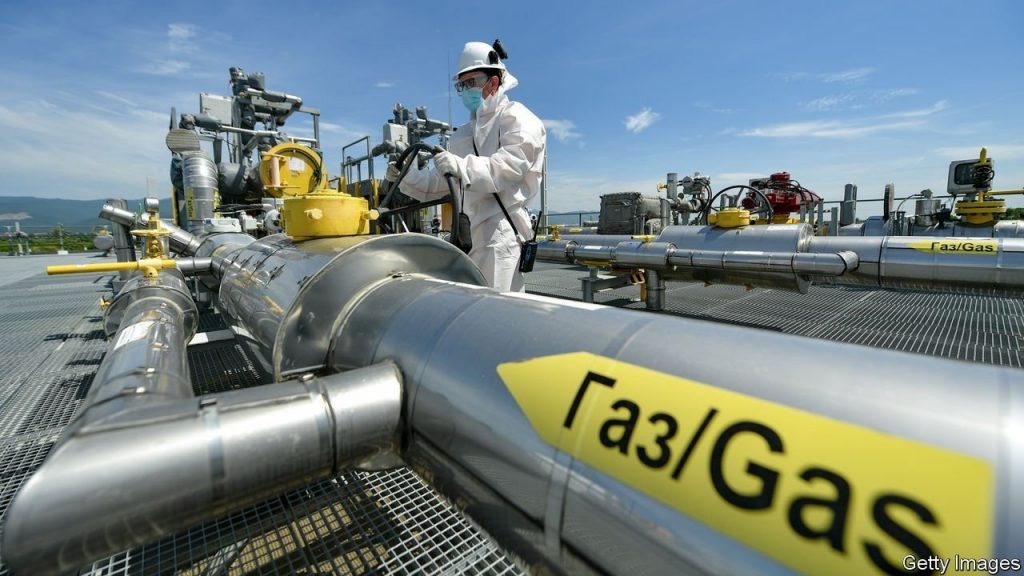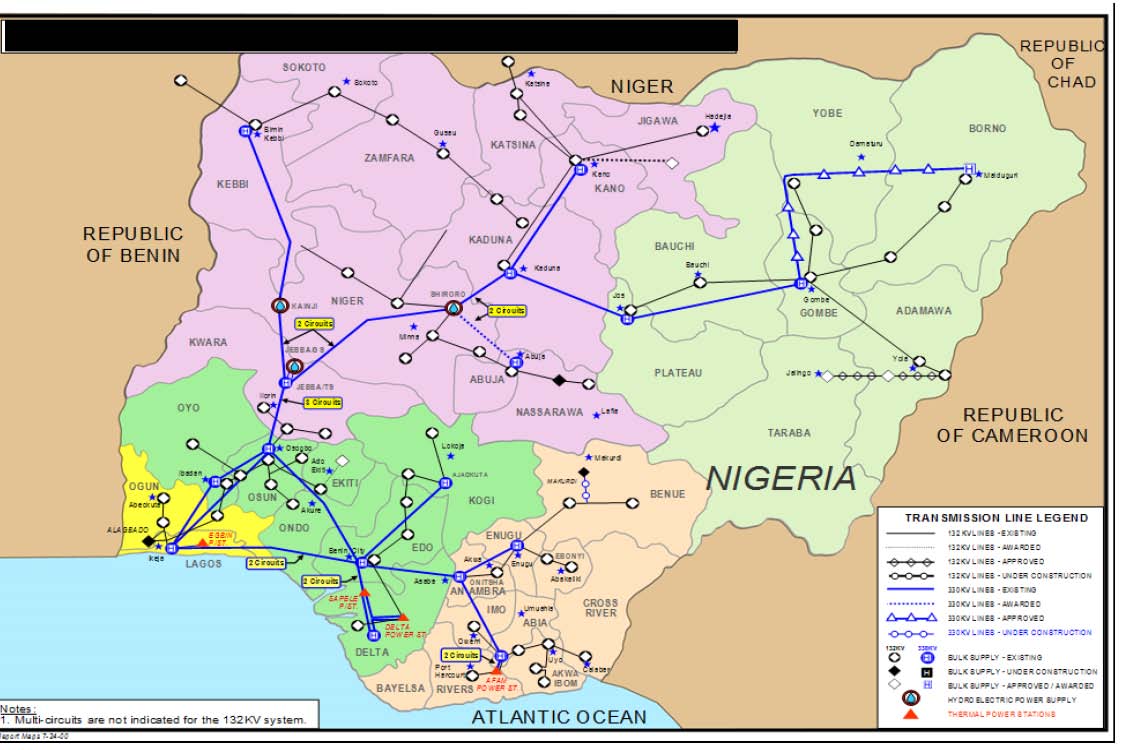In Europe the cost of electricity is soaring. Prices had been rising steadily this year, as economic recoveries got under way. But they have spiked in the past few weeks. Since the start of September, wholesale power prices in Germany and France have climbed by 36% and 48%, respectively. They are now hovering at around €160 ($189) per megawatt hour, a record level. In Britain prices are at a whopping £385 ($532), up from £147 a few weeks ago. What explains the surge?

One problem is the supply of natural gas, used to generate about a fifth of Europe’s electricity. Shortages have pushed its price—and so the price of electricity—higher. About a third of European supply comes from Russia; another fifth comes from Norway. Both countries have been hit with disruptions, such as a fire at a processing plant in Siberia, causing lower-than-expected supply. European buyers, such as national gas companies, have looked to the liquified natural gas (LNG) market to make up the shortfall. But they have had to compete with buyers in China and Japan, where demand for LNG is rising. Between January and July LNG imports into Europe were 15% below last year’s volume, notes Graham Freedman, an analyst at Wood Mackenzie, a research firm. Moreover, Europe suffered a cold and prolonged winter that used up inventories. They are about 25% below their long-term average.
Usually European utilities respond to high gas prices by using more coal. But the price of coal is also at record highs on the back of Chinese demand for electricity and production bottlenecks. The cost of European carbon permits is at record highs too. These give the holder the right to emit an amount of greenhouse gases. Because burning coal emits more than burning natural gas, expensive carbon permits add even more to the price.
Another factor is the wind—or lack of it. About a tenth of Europe’s power is generated by the wind. In some countries, including Germany and Britain, the share is twice that. Recently, however, the air has been unusually still. In Germany, for example, during the first two weeks of September wind-power generation was 50% below its five-year average, says Roy Manuell of ICIS, a research firm.
The high power prices are most pronounced in Britain. That is because it is particularly reliant on gas and wind. The two sources generate about 60% of British electricity, almost twice the European average. Another factor is that Britain is less connected than its neighbours to the European grid, which helps to spread the supply and demand of electricity across the continent and so makes prices less volatile. That problem was compounded this week when an interconnector between Britain and France was shut down because of a fire.
Analysts expect prices to remain elevated throughout the winter, when demand for heating and power peaks. That is bad news for European consumers, who will bear much of the cost. Some countries are already trying to protect them. In Spain the cabinet passed emergency measures to put a limit on the price of gas and the profits of utility companies. Italy’s government is reviewing how electricity bills are calculated. But policymakers will not be able to protect consumers from the most extreme impacts of a natural-gas shortage. Some analysts think that a particularly cold winter could trigger blackouts. Eye-watering utility bills may be the least of Europe’s worries.


















